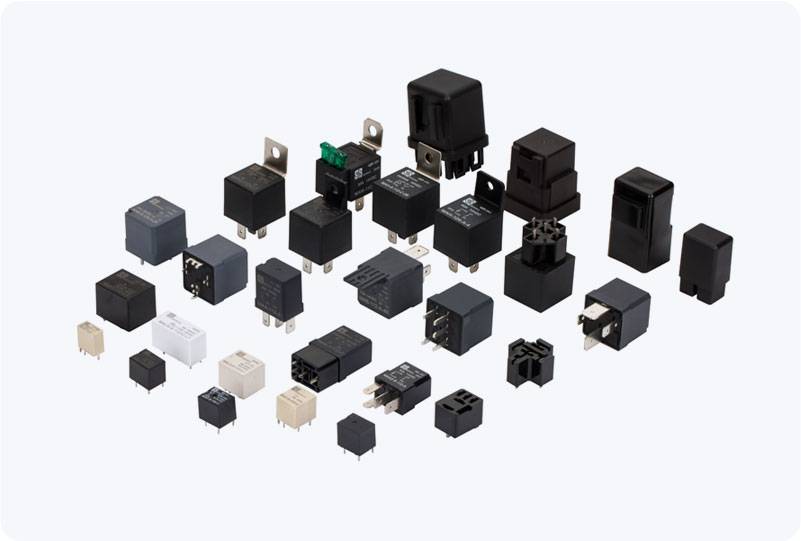In recent years, the electric vehicle (EV) market has experienced exponential growth, driven by the push for greener transportation solutions and advancements in battery technology. As the heart of any EV’s power system, the battery plays a critical role in driving performance, efficiency, and safety. One often-overlooked yet essential component of the EV battery system is the EV battery relay. While small in size, this relay is responsible for critical functions that ensure the safety, reliability, and efficiency of the electric vehicle’s battery system.

What is an EV Battery Relay? An EV battery relay is an electrical switch that controls the flow of current between the battery and the vehicle’s electrical system. It is designed to handle high-voltage and high-current operations, making it an indispensable part of the electric vehicle’s energy management system. Relays typically open or close electrical circuits depending on signals from the Battery Management System (BMS), which monitors and manages the battery’s health, charging state, and performance. The main function of the EV battery relay is to control the connection between the battery and the vehicle’s powertrain, ensuring that energy flows to the motor when needed and that the battery remains isolated when the vehicle is turned off or in an unsafe condition.